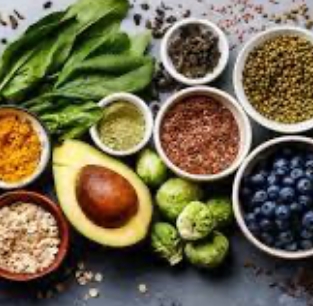Boosting Immunity


Boosting your immunity and the important role of your immune system in preventing COVID-19
Several factors contribute to the infection’s severity. They include characteristics of the virus, the ability of the virus to spread, method of infection and the body’s natural defense mechanism.
Virus specifications
Different viruses lead to different diseases, depending on the nature of the virus and its ability to affect the human body. Coronavirus (COVID-19) causes severe acute respiratory syndrome, similar to SARS. In 81% of the cases documented so far, the disease ranges from mild to moderate in severity.
Immunity or the body's natural resistance:
According to what has been documented so far, severe infection occurs in the elderly and those who suffer from pre-existing chronic diseases. In healthy people, the disease tends to be mild or moderate; however, it all depends on the body's resistance and immunity.
We must acknowledge that the body’s immune system develops and strengthens as a result of nurture and care over the course of different stages of life, which begins as early as the fetal stage. There are ways to boost immunity:
- Proper nutrition: eat well-balanced meals
- Consume immune-boosting foods such as antioxidants and probiotics
- Stay physically active
- Get adequate sleep
- Avoid/ minimize stress
- Avoid smoking
- Stay up-to-date with vaccines
- Follow all personal hygiene and infection prevention protocols including frequent hand washing, practice physical distancing, follow all hygiene procedures for cooking, and disinfect your home (particularly common surfaces) regularly.
Know that your strong immunity will not protect you from COVID-19 unless you comply with precautionary measures
Nutrition and immunity
The body's immune system is the first line of defense against infectious diseases and to function efficiently it needs healthy and balanced food
Some foods that support immunity are:
- Citrus fruits like grapefruit, oranges, lemons, etc. enhance the immune system's response against infections
- Amino acids found in nuts (walnut and almonds) and grains (pumpkin seeds and sesame seeds) help generate nitric oxide that supports immune cells
- Vitamin A found in liver, sweet potatoes and carrots and Zinc found in meat and seafood such as shrimp, contribute to regulating cell division and enhancing immunity
- Vitamin E present in nuts and vegetable oils plays an important role as an antioxidant and may interact with some enzymes that support the immune system
- Selenium found in whole grains and seafood (like oysters)and Vitamin C found in foods such as kiwi and bell pepper boost the immune system
Probiotics in dairy products have an effect on boosting immunity by reducing or delaying the emergence of infectious diseases
Do you find this Content helpful?




 Wassel SotakSend Feedback
Wassel SotakSend Feedback